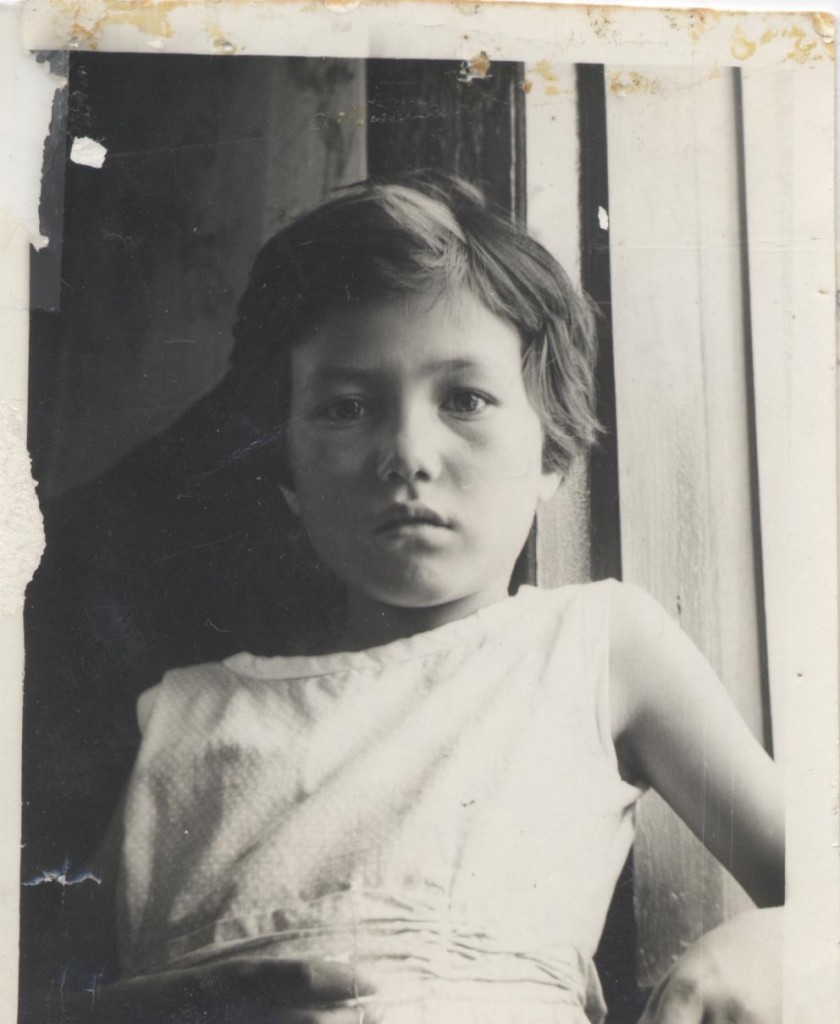
To listen to today’s reflection as a podcast, click here
Stephanie Fast never learned the date of her birth. To this day she doesn’t know the identity of her parents.
She does know that she was the child of a Korean mother and an Anglo father, one of many biracial children left behind in the aftermath of the Korean War.
She remembers that she was three or four years old when her mother put her on a train with a bit of food and a few changes of clothing. Her mother told her to get off the train at a certain stop, where her uncle would be waiting for her.
Then her mother, looking deeply sorrowful, said goodbye. Stephanie never saw her again.
At the stop where she got off, no one was waiting for her.
That was the beginning of her time as a homeless orphan. For years she fended for herself, doing whatever she could to stay fed and warm. She aligned herself with groups of other abandoned children – not always safe company.
People jeered at her. They called her a toogee, a term of utter contempt.
It essentially means “half-breed,” but it’s stronger than that. There was no love for biracial orphans in post-war Korea. She was, as she later said, “garbage, dust, a bastard, an alien devil.”
Stephanie recalls, “When you’re a little child and hear people call you [a toogee] day after day, you believe it about yourself… I wasn’t a person. I was worthless. I was dirty. I had no name. I had no identity. I had no family. I had no future and no hope. Over time, I began to hate myself.”
She assumed her mother had given her a real name, but she couldn’t remember it.
About the time Stephanie (pictured above) was seven years old, she was stricken with cholera. Local farmers threw her onto a garbage heap, leaving her more sick than alive.
She knew she was dying. And she was relieved. At various times she had been assaulted, thrown into a well, and forced into a bombed-out building filled with hungry rats. Stephanie was glad her life was finally coming to an end.
That’s where she first looked into the blue eyes of Iris Eriksson. Iris was a World Vision nurse from Sweden. She had come to the garbage heap to rescue abandoned babies – little ones whose parents could not or would not take care of them any longer. Her explicit instructions were to ignore any older children.
Iris felt pity for Stephanie, who was desperately ill and emaciated. But she knew she had to walk away.
As she turned to go, however, something happened – something she had never experienced before. Her legs felt heavy. It was almost as if she couldn’t walk.
Then she heard a voice. It was an audible voice, even though no one else was around. Most remarkably, the voice did not speak Korean. Iris heard two words in Swedish, her native tongue: “She’s mine.”
She obediently scooped up the seven-year-old’s tiny frame and carried her to safety. Stephanie recovered and began a new phase of her life in a World Vision orphanage.
“Miss Eriksson – well, how can I put this?” Stephanie reflected years later. “In a way, she was my savior before Jesus.”
Two years later, the orphanage received word that an American couple – missionaries who had no children of their own – were coming for a visit. Their intent was to adopt one of the babies. Stephanie spent a whole day, as she put it, scrubbing the babies – getting them ready for inspection. She was excited on their behalf. One of them was going to receive the gift of a real family and a real home.
To everyone’s surprise, however – especially Stephanie’s – the couple kept looking at her. She was nine years old and didn’t weigh 30 pounds.
There was nothing appealing about her appearance. Yet the man gently placed his hand on her face. She couldn’t remember the last time she had felt a touch prompted by kindness. This couple from the Midwest, who had come to the orphanage with entirely different plans, felt they heard God saying to them, “She is the one for you.”
The next day she left for America with her new parents. It took years, but her heart – the heart which she had tried to wall off from any expressions of love or hope – gradually began to heal.
When she was 15, Stephanie gave her heart to Jesus. She learned that he also had been born in humble circumstances. When he was a toddler, his family had fled as refugees to another country. He would ultimately be misunderstood by his family, betrayed by a friend, and abandoned by his closest companions at the hour of his greatest need.
Stephanie grasped that Jesus was someone who could identify with the life she had lived.
Today she works as a global orphan advocate with Restore International, a ministry devoted to bringing hope to abandoned children. She tells her remarkable story in a book that is appropriately titled She is Mine.
The deepest meaning of Christmas is revealed in the opening words of the Gospel of John. There we read, concerning Jesus: “In him was life, and that life was the light of all humanity. The light shines in the darkness, and the darkness has not overcome it” (John 1:4-5).
In the darkest places, at the darkest moments, there is always a voice speaking.
Even if it’s not audible, you can hear it:
You are not your own. You belong to Me.
That is the Christmas gift all of us need more than any other every year.
